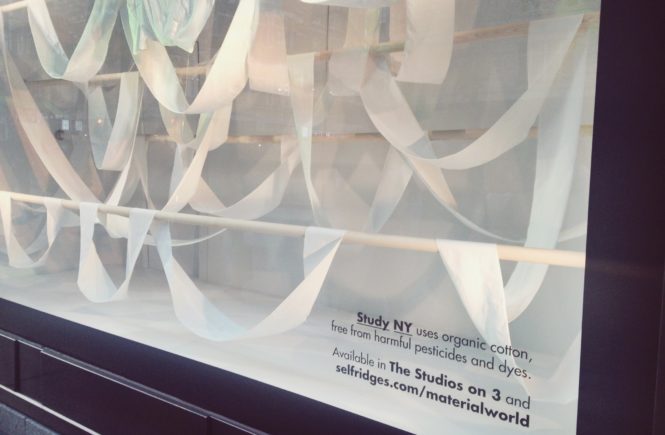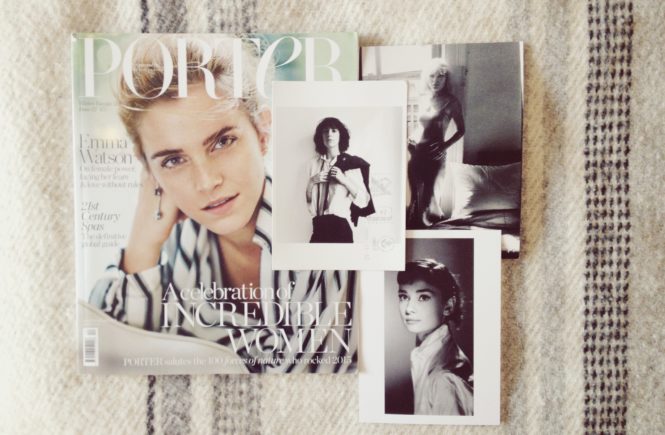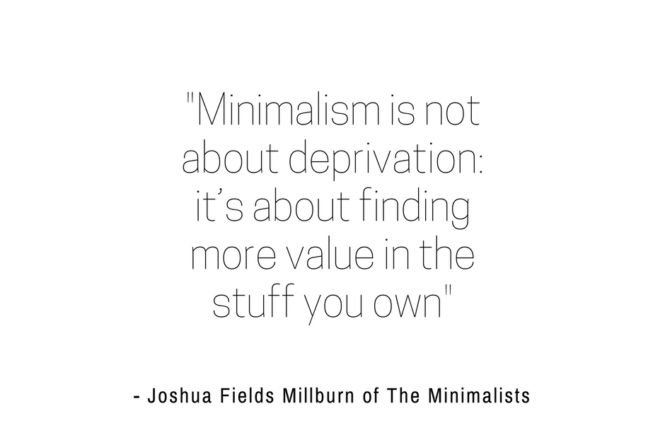The growing interest for sustainable fashion, local produce and handmade crafts has subsequently seen a growing trend of independent boutiques across London with this as their main focus. If you’re looking to avoid the high street with all its fast fashion there are loads of great markets, pop-up shops and established boutiques that offer you a more sustainable shopping alternative.
Here’s a guide to some of my favourite sustainable shopping spots in the capital:
Broadway Market and 69b, Hackney. The market on Broadway Market by London Fields in Hackney is open on Saturdays, offering locally produced food as well as vintage clothing and crafts. On the same street, at number 69b, there’s also a shop with the same name, selling sustainable fashion from environmentally and socially conscious brands.
Here Today Here Tomorrow, Dalston. Fashion shop that sells its own brand of Fairtrade products, mainly wool clothing made by artisans in Nepal.
The Third Estate, Camden. Camden boutique selling vegan fashion from Fairtrade UK and international brands.
The Keep Boutique, Brixton. This boutique has, since opening in September 2012, been selling sustainable fashion for women and men who want fashionable clothing that has a story and that will last.
Columbia Road Flower Market, Shoreditch. On Sundays, the flower market on Columbia Road is open between 8am and 2pm – make sure you get there as early as possible as it’s crammed at lunchtime! Get there early, have a coffee in one of the small coffee shops and go for a wander down the street looking at people and beautiful flowers. There are loads of great boutiques and stalls with local arts and crafts as well as vintage bits and bobs (I always find gorgeous glasses and cups there).
Brick Lane, Shoreditch. Sundays are also good days to head to Brick Lane and the many markets around the street and Spitalfields. You’ll also find excellent vintage shops such as Absolute Vintage and Beyond Retro. On Commercial Street, parallel to Brick Lane, there’s also As Nature Intended that sells sustainable and organic groceries as well as beauty products.
Content Beauty & Wellbeing, Marylebone. If you’re in Central London, Marylebone is always a good place to go for a nice stroll, and whilst you’re there, head to Content Beauty & Wellbeing. It’s small but has got an excellent selection of organic and natural beauty products and they also offer treatments following the same principles.
Selfridges, Oxford Street. At the moment, there’s also a focus on sustainability at Selfridges on Oxford Street with their windows showing fashion labels using sustainable materials. They’re running the campaign Material World questioning the effect different materials have on the environment and have got a selection of sustainable labels across the store.
This piece was first published in Swedish on sustainable lifestyle site Continuation Magazine.



